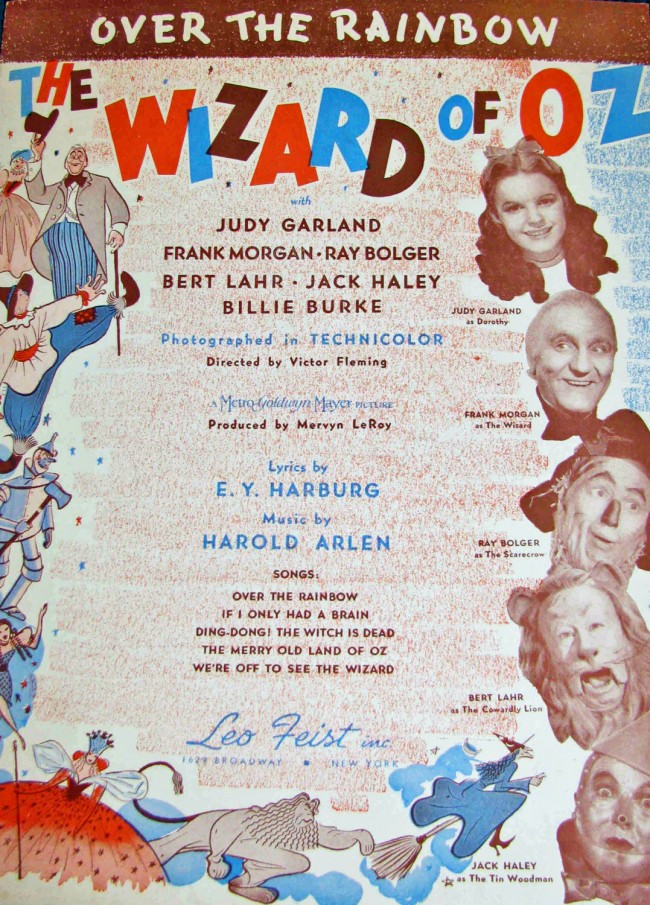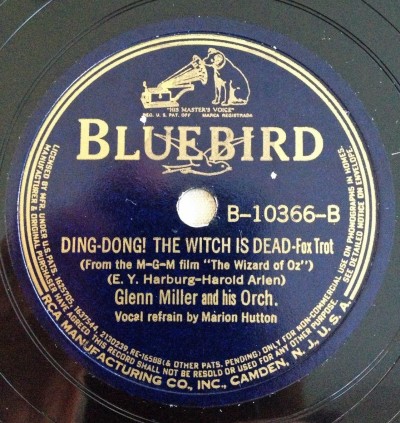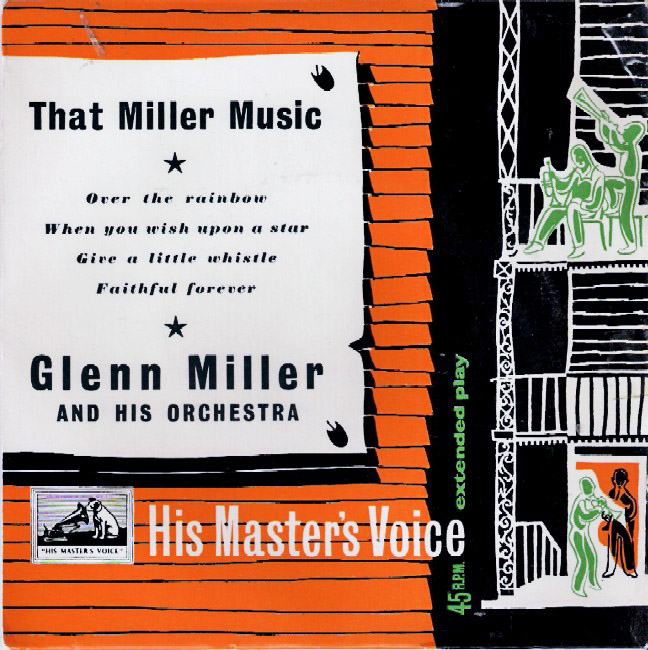Everybody’s Got a Home But Me is an exquisitely mournful ballad from Rodgers and Hammerstein’s 1955 Broadway musical, PIPE DREAM. That title might be applied to several songs written by these composers and others that never found a home to settle into.
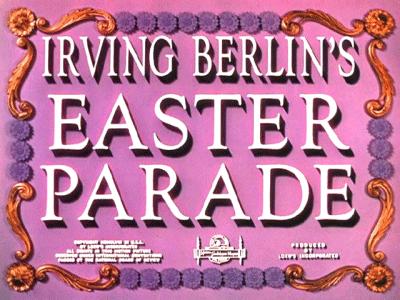
MR. MONOTONY – In 1947, Irving Berlin wrote this quirky number for Judy Garland to perform in EASTER PARADE. Judy recorded and filmed the song, wearing a snazzy tuxedo and hat outfit that would later be immortalized in her Get Happy routine in SUMMER STOCK. The performance would be deleted before the film’s release; two reasons have been offered for its’ removal.
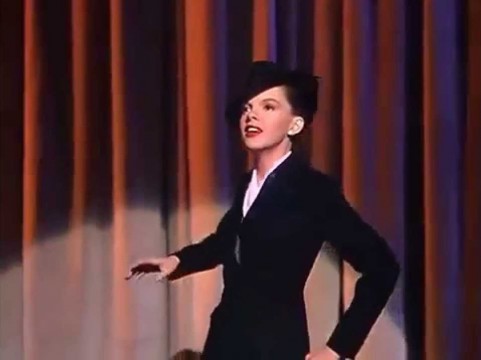
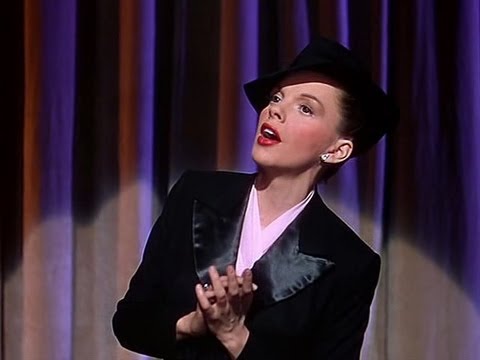
It was suggested that Judy’s outfit was too contemporary looking for the movie’s 1912 time period, or that there were simply too many musical sequences and one would have to go. The film was preserved and has been included on several MGM DVDs.
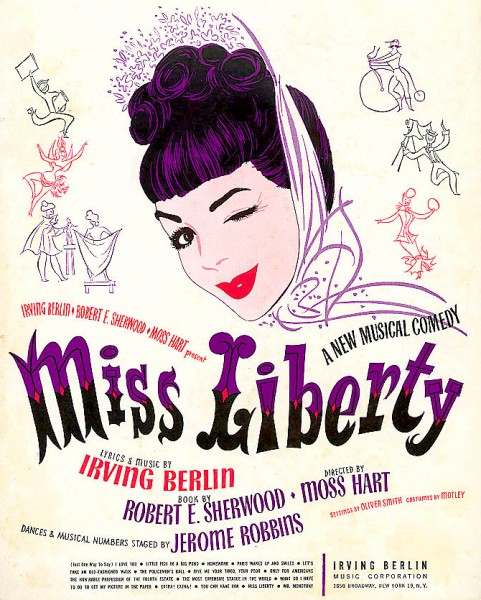
Never one to let a good song go to waste, Berlin tried it in another period piece, the 1949 Broadway musical MISS LIBERTY, where it was choreographed by Jerome Robbins. After a few performances, the song was found wanting again and was dropped. The same thing happened in the next Irving Berlin-Jerome Robbins show, 1950’s CALL ME MADAM, where star Ethel Merman asked for the song’s removal while the show was still in its pre-Broadway tryout.
And that was pretty much the end of Mr. Monotony. The Robbins choreography has fortunately been preserved and the number has been included in JEROME ROBBINS’ BROADWAY and other Robbins compilations. Yet the song is still causing problems. On a television episode of GLEE a few years ago, stars Jane Lynch and Matthew Morrison were set to perform it, but it was dropped yet again! As in the case of Judy Garland, the recording still exists.
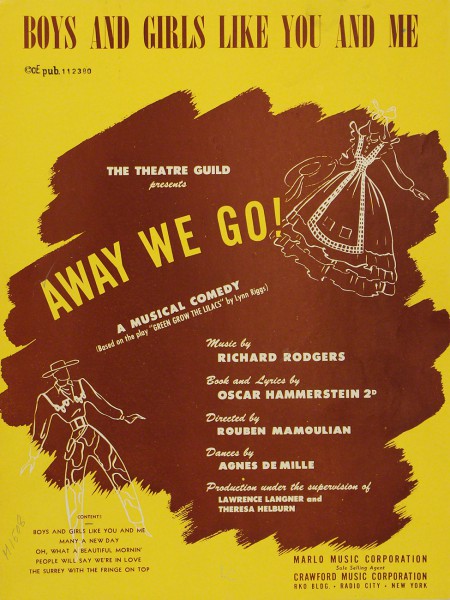
BOYS AND GIRLS LIKE YOU AND ME – this is an even sadder case. Rodgers and Hammerstein wrote this charmer in 1943 for a little show named OKLAHOMA!, when its title was still AWAY WE GO! It was sung by Carly and Laurey as a love duet near the end of the show, but was dropped out of town in favor of a reprise of People Will Say We’re in Love. In a decidedly unusual circumstance, R&H sold the song to MGM, who decided to add it to the Hugh Martin-Ralph Blane score of MEET ME IN ST. LOUIS. Martin and Blane were not happy.
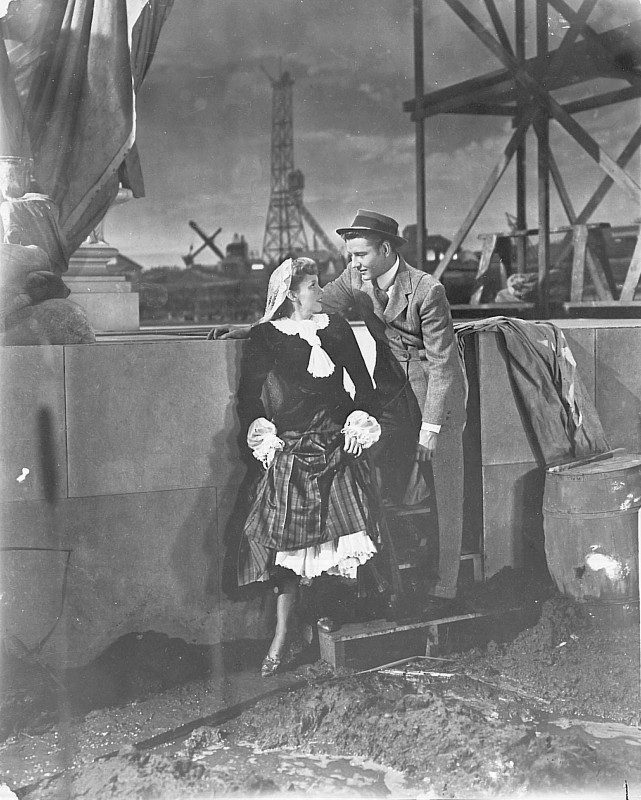
Judy & Tom Drake slog around the muddy unfinished fairgrounds as she sings BOYS AND GIRLS LIKE YOU AND ME.
It was slotted into a spot right after The Trolley Song. Judy Garland and her beau Tom Drake walk around the unfinished site of the St Louis World’s Fair. To keep Judy from getting her feet muddy, Tom picks her up and carries her, as she sings the song. It was felt that the scene slowed down the action, so it all was cut, to the composers’ relief – now they wouldn’t be competing with Rodgers & Hammerstein! Judy did record it for her Decca 78 album of songs from the movie. Its inclusion puzzled collectors who were unaware of the number’s history for years.
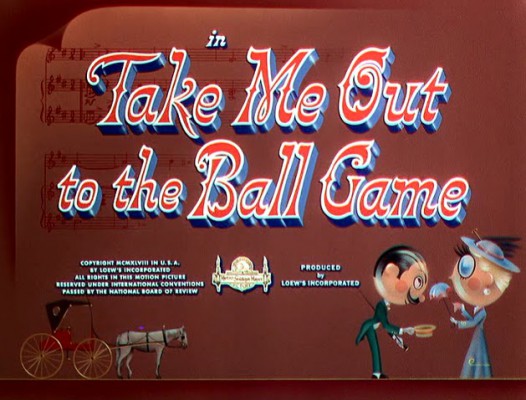
MGM dredged the tune up again in 1948 and gave it to Frank Sinatra to sing to Betty Garrett in TAKE ME OUT TO THE BALL GAME. Though Frank gave it a tender reading as the duo walk around a picnic area, the scene was once again deemed too static and it was removed.
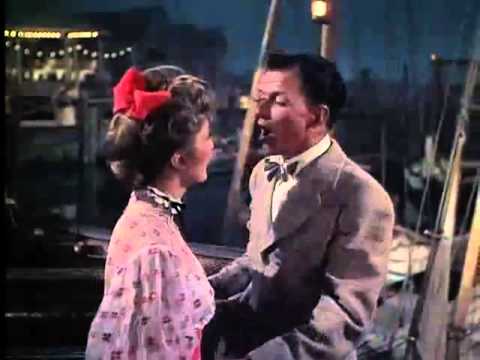
Betty Garrett listens as Frankie croons BOYS AND GIRLS.
Rodgers and Hammerstein apparently liked the song, as it then popped up in stage productions of their TV musical, CINDERELLA, usually assigned to the older King and Queen. In the 1965 TV remake, it is heard as background music during a dance sequence. The 1996 STATE FAIR stage musical used the song as a duet for the parents. Ironic that a song originally intended for a young couple would end up being repurposed for senior citizens.
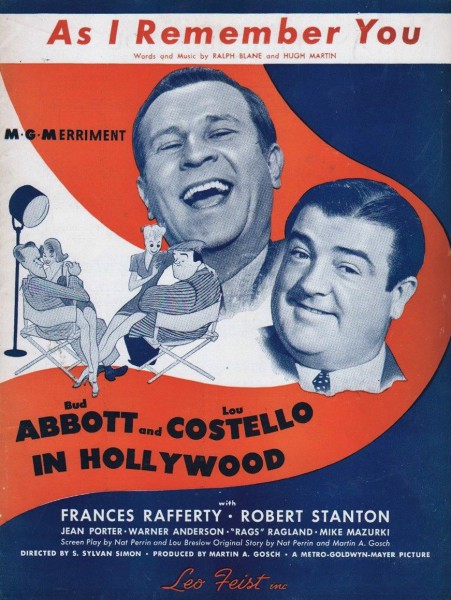
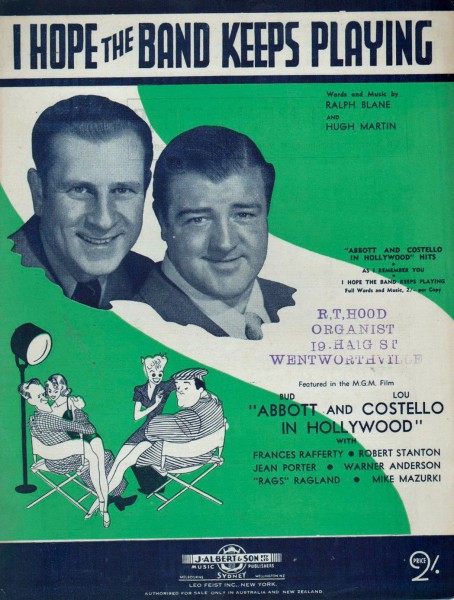
While on the subject of MEET ME IN ST. LOUIS, there is another song possibly connected to it that intrigues me. After ST. LOUIS, composers Martin and Blane contributed a few songs to the 1945 MGM film, ABBOTT AND COSTELLO IN HOLLYWOOD. Originally titled CLOSE SHAVE, the boys play barbers who end up nearly wrecking the aforementioned studio. The movie has several pleasant ballads sung by Bob Haymes, Dick’s sound-alike brother, billed under his stage name of Robert Stanton.
There is also one big production number with the oddly specific title of Fun On the Wonderful Midway. Bob sings and it is danced by Frances Rafferty and future MGM director Charles Walters (he helmed EASTER PARADE). Kay Thompson wrote the wild vocal arrangement. The song has absolutely nothing to do with the plot, being a production number that we see in the process of being filmed for another movie (all in one take!). Taking place on the amusement area of a pier side park, it allows for a comic rollercoaster chase with Lou Costello.
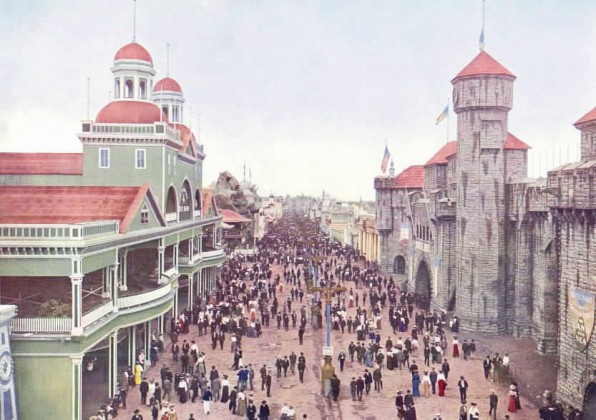
The Midway, aka “The Pike” at the 1904 St. Louis Fair
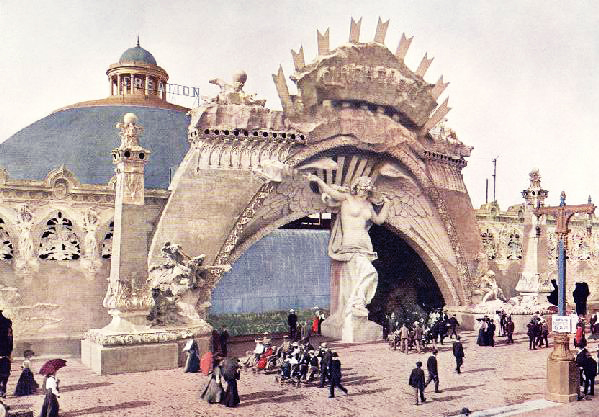
Another view of “The Pike”
I wonder if the song had originally been written in mind for MEET ME IN ST. LOUIS, as the amusement area of the 1904 St. Louis Fair was known as the Midway (also nicknamed The Pike). It’s easy to see this song being considered for the film’s finale, especially since the last sequence at the Fair has no musical numbers and it would have been nice to end on a big final showcase for Judy. Who knows? It certainly would have cost a lot to stage and that was always a big consideration!
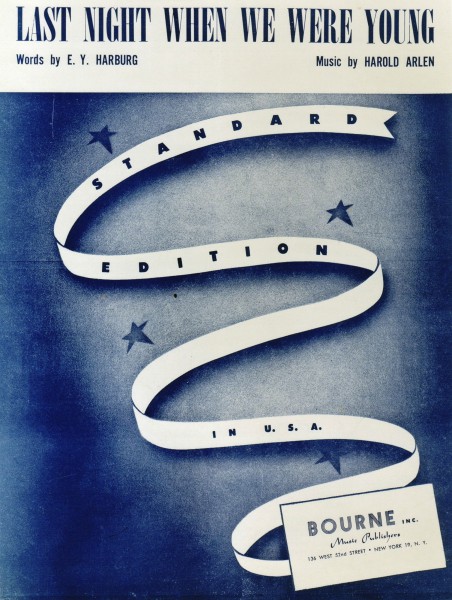
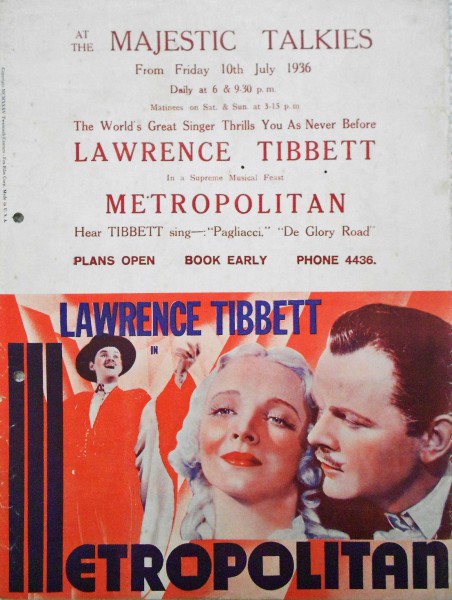
Still in the Garland corner, Last Night When We Were Young was one additional casualty. Written by her future songwriters Harold Arlen and E.Y. Harburg in 1935 for METROPOLITAN, a Lawrence Tibbett 20th Century Fox film, it was cut before release. Tibbett did record it for RCA Victor and Judy coveted her copy of the disc. She tried several times to fit the composition into one of her pictures and succeeded with IN THE GOOD OLD SUMMERTIME in 1948. Yet once again, the song was cut.
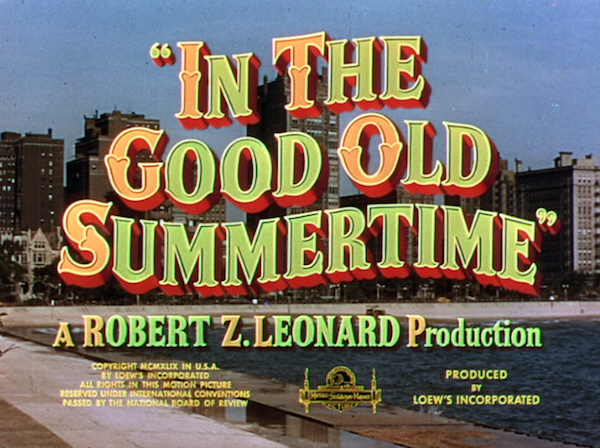
The footage still exists and it can easily be seen why the sequence was dropped. Though Judy looks and sounds sensational, this intensely sophisticated, mournful song just was too “heavy” for a light comedy-musical, albeit one with dramatic touches. It wasn’t until the 1950s that the nearly forgotten song became a semi-standard, through commercial recordings by Frank Sinatra and Garland.
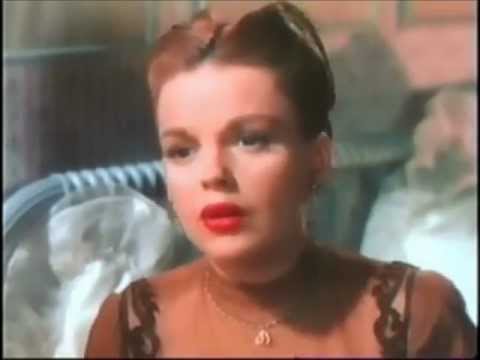
Coming full circle in the tangled history of these songs, as Judy sang in EASTER PARADE, Better Luck Next Time!
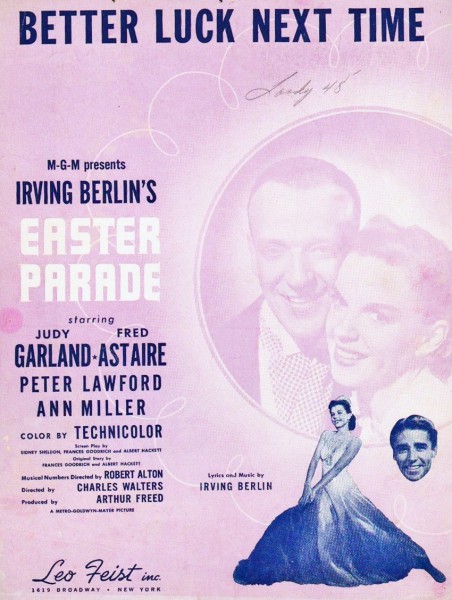


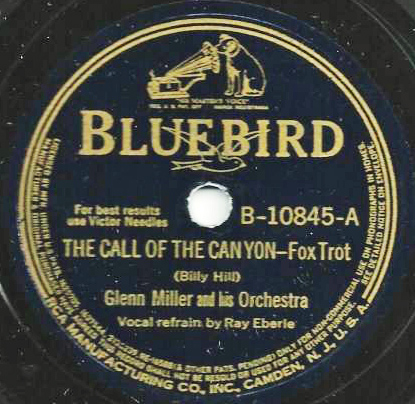
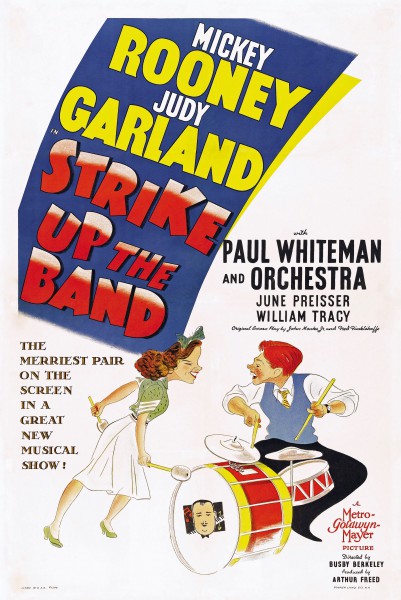
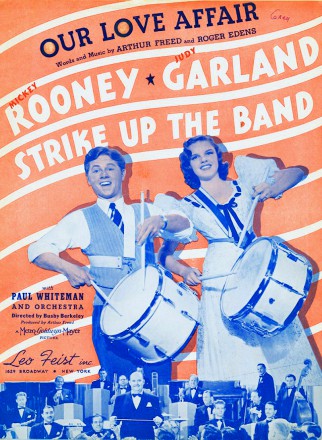
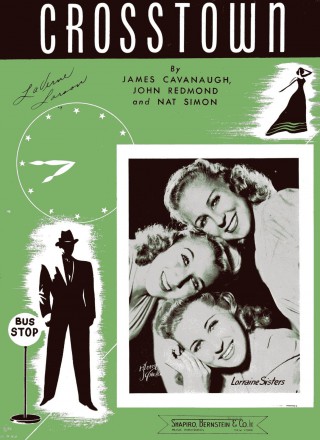
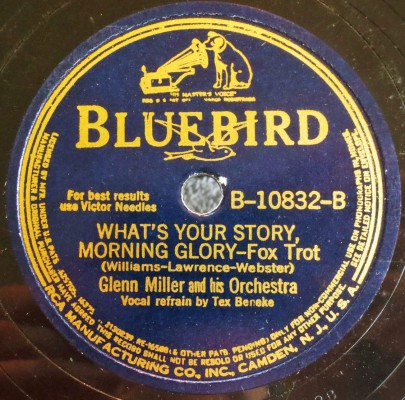 Post-Swing Era, the song was deservedly resurrected by Ella Fitzgerald, Anita O’ Day and Julie London, among others.
Post-Swing Era, the song was deservedly resurrected by Ella Fitzgerald, Anita O’ Day and Julie London, among others.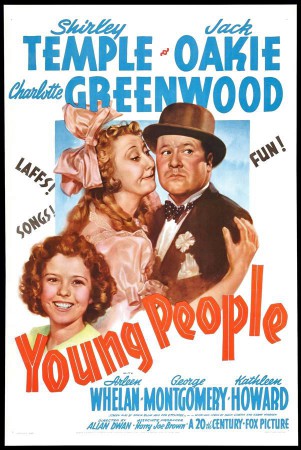
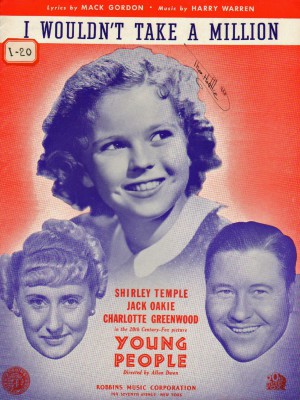
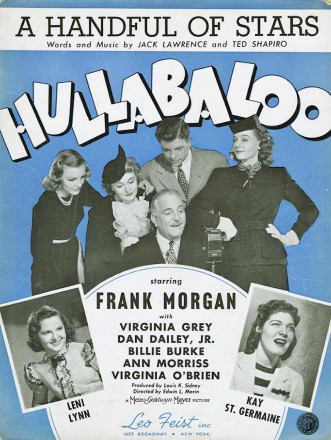 A new, more “mature” sound on Miller ballad arrangements started developing with THE NEARNESS OF YOU and now is heard on A HANDFUL OF STARS. Credit is due to arranger Bill Finegan, who wrote both. It’s a richer, slower, more thoughtful approach, providing a sympathetic frame for Ray Eberle’s vocals. A more congenial tempo and subtler backing now replace the relentless pumping rhythm of MOON LOVE and OH, YOU CRAZY MOON.
A new, more “mature” sound on Miller ballad arrangements started developing with THE NEARNESS OF YOU and now is heard on A HANDFUL OF STARS. Credit is due to arranger Bill Finegan, who wrote both. It’s a richer, slower, more thoughtful approach, providing a sympathetic frame for Ray Eberle’s vocals. A more congenial tempo and subtler backing now replace the relentless pumping rhythm of MOON LOVE and OH, YOU CRAZY MOON.
